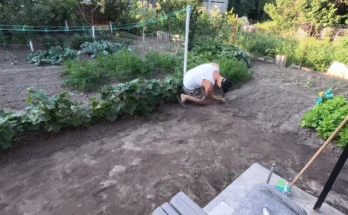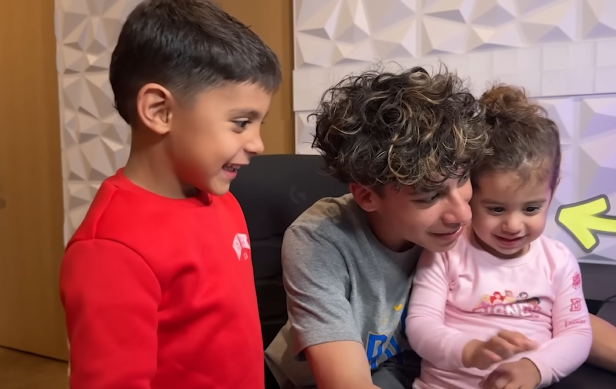
I never thought one Saturday afternoon could turn my life upside down. But that’s exactly what happened when I agreed to babysit Bianca Belle Fontaine—the girl known around town as “The World’s Most Spoiled Child.” That’s not just a nickname. That’s a reputation she’s worked hard to earn.
Bianca is eight years old going on twenty-five, with a walk-in closet bigger than my entire bedroom and a pony named Marshmallow who only eats imported organic carrots. Her parents are mega-rich, mega-busy, and apparently mega-clueless about what raising a normal child looks like. They offered me more money for one afternoon of babysitting than I usually earn in a week. So, obviously, I said yes. I mean, how bad could it be?
Turns out, very bad.
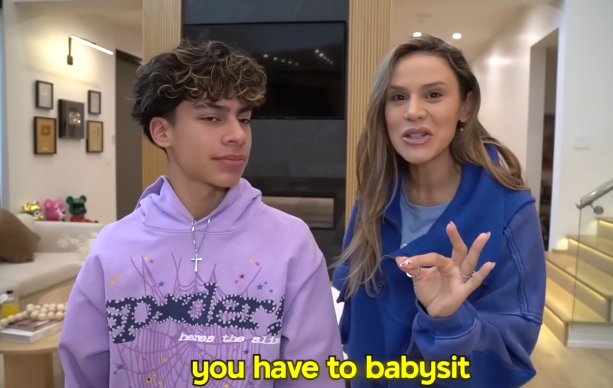
The moment I walked into their mansion—yes, mansion, with gold-trimmed door handles and an indoor waterfall—Bianca greeted me by tossing me a clipboard with a printed list.
“This is my schedule,” she said with a sniff. “Stick to it or I’ll scream.”
I blinked at the schedule. It was color-coded, laminated, and terrifying. There were blocks for hair brushing (15 minutes, with specific detangling techniques), tea time (no actual tea—just pink lemonade served in porcelain cups), and a mandatory “praise break” every 45 minutes where I was expected to tell her how amazing she was.
“Right,” I muttered. “Got it.”
Things only got more dramatic from there. At snack time, I offered her apple slices and peanut butter. She stared at me as if I’d handed her a plate of slugs.
“Are these apples Fuji?” she asked. “Because I only eat Fuji apples that are peeled and cut into exactly ten crescent moons.”
I’m pretty sure my left eye twitched. “They’re apples. They’re fresh. You’ll survive.”
Wrong thing to say.
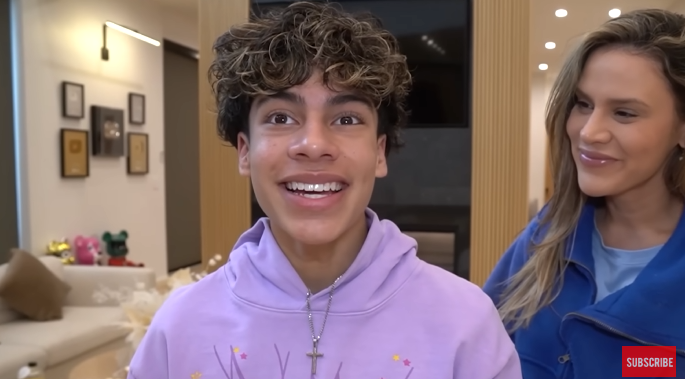
She burst into theatrical sobs, flung herself onto a chaise lounge like a heartbroken princess, and wailed, “You’re ruining my life!”
At this point, I began to understand what I’d gotten myself into.
After calming her down with a strawberry macaron (which she said was “barely acceptable”), I attempted to initiate some playtime. I suggested board games, coloring, or even hide and seek.
Bianca looked at me like I’d suggested cleaning a toilet with her toothbrush.
“I don’t do basic fun,” she said, flipping her perfectly curled hair. “Let’s have a fashion show. You’ll be my assistant.”
That’s how I ended up holding glittery handbags and handing her different tiaras while she tried on outfits that looked like they belonged on the red carpet. She strutted down a “runway” in her living room, pausing every few steps to pose while I clapped enthusiastically. It was exhausting.
The most shocking part? Somewhere between tiara number seven and outfit number twelve, I started to laugh.
Not because it was easy—oh no—but because Bianca was actually kind of funny in a dramatic, over-the-top way. She had a sense of flair that couldn’t be taught. And deep down, under all that sparkle and sass, I could tell she was just a lonely little girl used to getting attention through tantrums and diva demands.
When it was time for her “princess tea party,” I decided to shake things up a bit. Instead of playing by her strict rules, I said, “Let’s do something different. Let’s make our own tea party snacks.”

Her eyes narrowed. “I don’t cook.”
“I’ll do the hard stuff,” I offered. “You just pick the decorations.”
She considered it for a moment. “Fine. But if I break a nail, you owe me five dollars.”
We ended up making cupcakes—well, sort of. I did the measuring and mixing while she bossed me around, adding pink sprinkles and edible glitter to everything. The kitchen looked like a unicorn exploded by the time we finished, but Bianca was smiling—genuinely smiling—for the first time all day.
“I guess this is kind of fun,” she said while licking frosting off her finger.
After cupcakes came story time. Her bookshelf was stacked with sparkly princess books and celebrity photo albums, but I picked a book about a girl who ran a lemonade stand to raise money for her school.
“That’s boring,” she said at first. But halfway through, she was hooked.
“Wait, she sold lemonade to buy library books? That’s… kind of cool.”
“See?” I said, nudging her. “Regular kids can be heroes, too.”
Bianca was quiet for a moment. Then she said something I didn’t expect.
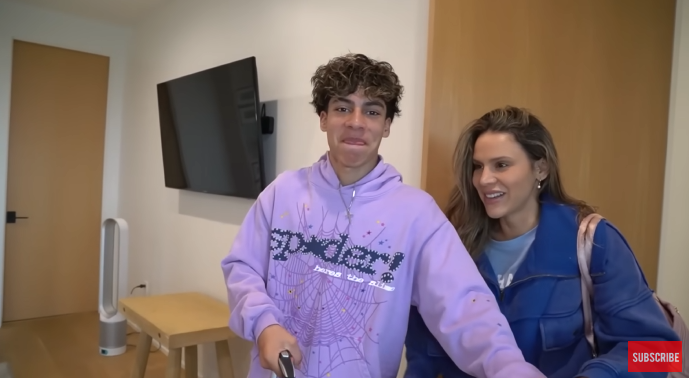
“Do you think people would still like me if I wasn’t rich?”
That one sentence hit harder than any tantrum. I looked at her—this pint-sized diva with diamond-studded hair clips and a heart that clearly had questions—and realized that under the glitter and Gucci, Bianca just wanted to be liked for who she was, not what she had.
“Absolutely,” I said. “You’re funny, smart, and kind when you want to be. That’s what really matters.”
She didn’t say anything, but she did rest her head on my shoulder as I read the rest of the story. For a moment, the World’s Most Spoiled Girl wasn’t spoiled at all. She was just a kid.
When her parents got home, they were shocked to find us sitting on the floor, covered in frosting, surrounded by books and glitter.
“She didn’t scream once?” her mom asked, wide-eyed.
“She even cooked,” I said.
“She what?” her dad looked like he might faint.
Bianca grinned. “It was my idea.”
That night, as I walked out of the mansion with frosting on my jeans and a new respect for drama queens everywhere, I realized that babysitting Bianca Belle Fontaine had taught me something, too.
People—no matter how spoiled, stubborn, or sparkly—just want someone to listen, laugh with them, and treat them like they matter.
Even the World’s Most Spoiled Girl.

